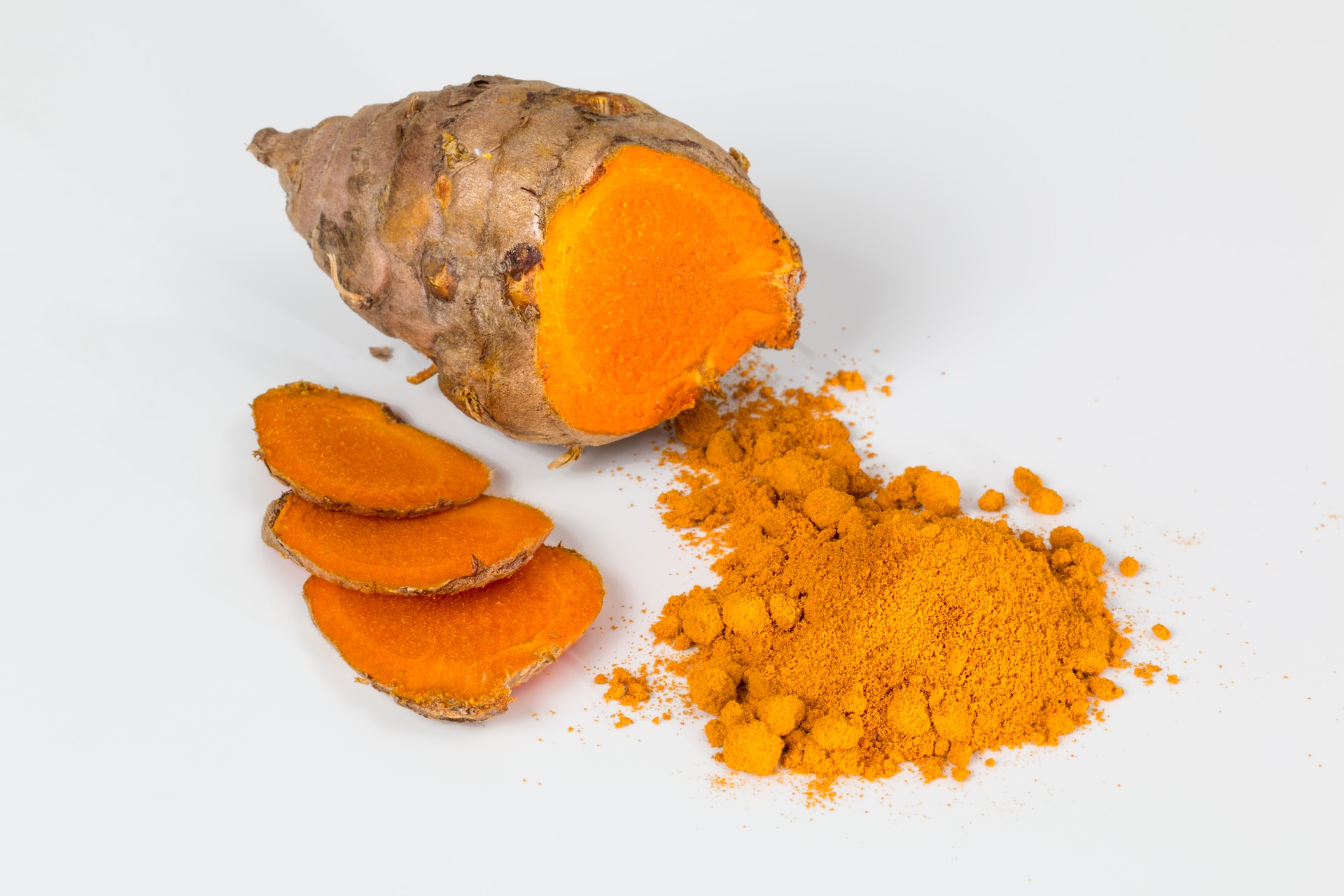The scientists, from the Wuhan University of Engineering in China, have published a study, “Antiviral and virucidal effects of curcumin on transmissible gastroenteritis virus in vitro,” in the Journal of General Virology. The study shows that turmeric can help eliminate some viruses.
Turmeric can prevent transmissible gastroenteritis virus (TGEV), an alpha-group coronavirus that infects pigs, from infecting cells. At higher doses, the compound was also found to kill virus particles, says the study.
“Emerging coronaviruses represent serious threats to human and animal health worldwide, and no approved therapeutics are currently available. Here, we used Transmissible gastroenteritis virus (TGEV) as the alpha-coronavirus model, and investigated the antiviral properties of curcumin against TGEV. Our results demonstrated that curcumin strongly inhibited TGEV proliferation and viral protein expression in a dose-dependent manner. We also observed that curcumin exhibited direct virucidal abilities in a dose-, temperature- and time-dependent manner,” write the investigators.
“Furthermore, time-of-addition assays showed that curcumin mainly acted in the early phase of TGEV replication. Notably, in an adsorption assay, curcumin at 40 µM resulted in a reduction in viral titers of 3.55 log TCID50 ml–1, indicating that curcumin possesses excellent inhibitory effects on the adsorption of TGEV. Collectively, we demonstrate for the first time that curcumin has virucidal activity and virtual inhibition against TGEV, suggesting that curcumin might be a candidate drug for effective control of TGEV infection.”
Infection with TGEV, which is characterized by diarrhea, severe dehydration and death, is highly infectious and invariably fatal in piglets younger than two weeks. There are currently no approved treatments for alpha-coronaviruses and although there is a vaccine for TGEV, it is not effective in preventing the spread of the virus.
The research suggests that curcumin affects TGEV in a number of ways: by directly killing the virus before it is able to infect the cell, by integrating with the viral envelope to inactivate the virus, and by altering the metabolism of cells to prevent viral entry.
“Curcumin has a significant inhibitory effect on TGEV adsorption step and a certain direct inactivation effect, suggesting that curcumin has great potential in the prevention of TGEV infection,” said Lilan Xie, PhD, lead author of the study and researcher at the Wuhan Institute of Bioengineering including dengue virus, hepatitis B, and Zika virus. The compound has also been found to have a number of significant biological effects, including antitumor, anti-inflammatory, and antibacterial activities.
Curcumin was chosen for this research due to having low side effects according to Xie, who added that “There are great difficulties in the prevention and control of viral diseases, especially when there are no effective vaccines. Traditional Chinese medicine and its active ingredients, are ideal screening libraries for antiviral drugs because of their advantages, such as convenient acquisition and low side effects.”











